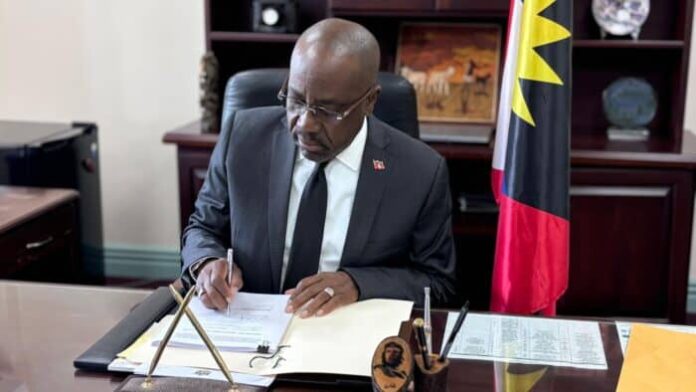Every year the world looks to the United Nations General Assembly, with quiet hope, as world leaders assemble. The anticipation is to hear a common message that transcends borders and a vision that addresses our shared fragility. This stage is reserved for a particular kind of discourse; one that acknowledges the gravity of the moment and the collective yearning for stability. This year was disappointingly different as the postulation from a major power served as a stark reminder of what happens when that expectation is unmet. The presentation, while significant, was marked by a profound absence, leaving in its wake a critique not of a nation, but of an approach that fails the demands of our time.
The first casualty was decorum, which is the essential currency of diplomatic engagement. This is not merely about protocol but about a fundamental respect for the institution and the diverse nations it represents. The speech in question departed from the measured tone that such a forum requires. Its cadence, leaning toward the transactional and the boastful, seemed ill-suited to a body founded on the principle of multilateralism. When the language of domestic partisan triumph is imported into the hall of global partnership, it diminishes the very idea of common cause and mutual respect.
More critically, the address overlooked its most vital function, that of offering a narrative of hope and cohesion to a deeply divided world. At a time when humanity faces convergent crises, from climate catastrophe to widespread displacement and escalating geopolitical strife, the international audience listens for a commitment to collaborative action. It seeks a recognition that our security and prosperity are inextricably linked.
Instead, the philosophy articulated was one of narrow self-interest, portraying the world as a stage for rivalry rather than a shared project. Complex global challenges were presented not as puzzles to be solved together but as contests to be won alone.
This perspective provides no solace to the vulnerable, no framework for managing existential threats and no bridge across the chasms of misunderstanding. It is an approach which, when championed from a prominent platform, risks encouraging a retreat into isolationism precisely when complex interdependence demands more sophisticated engagement.
The omissions spoke loudest and are the most troubling. There was no powerful reaffirmation of the universal principles of human dignity and rights that underpin the UN Charter. There was no acknowledgment of our common vulnerabilities, no empathetic outreach to those on the front lines of crises not of their making. The speech built no bridges; it simply marked territory and gave no hope.
History often judges leadership not only by what is said but by what is left unspoken. The silence on collective environmental responsibility, the silence on the imperative of inclusive diplomacy, the silence on a positive, unifying vision only serve to create a vacuum. In that vacuum, uncertainty grows and the foundations of international cooperation erode.
The world does not look to any single capital for salvation. But it rightly hopes that those with great influence will wield it with a sense of larger responsibility. When a major platform is used to amplify division rather than foster unity, the project of global governance suffers. The task now falls to all nations, large and small, committed to dialogue, worldwide peace and prosperity through cooperation to fill this void with a more courageous and hopeful chorus, reaffirming that our shared challenges demand nothing less than a shared response.


